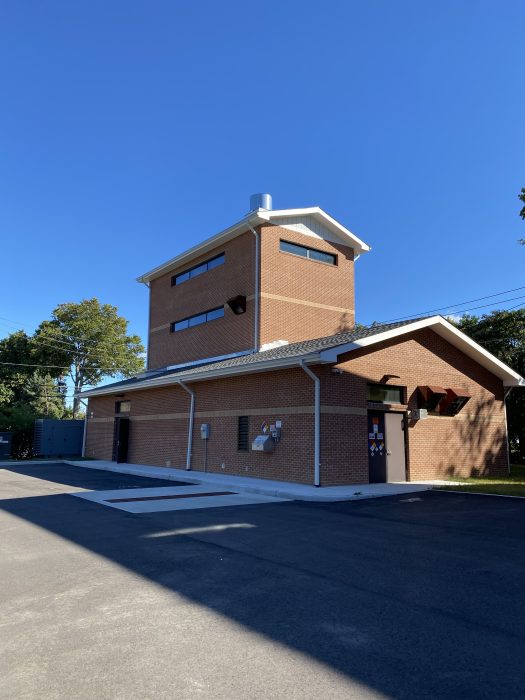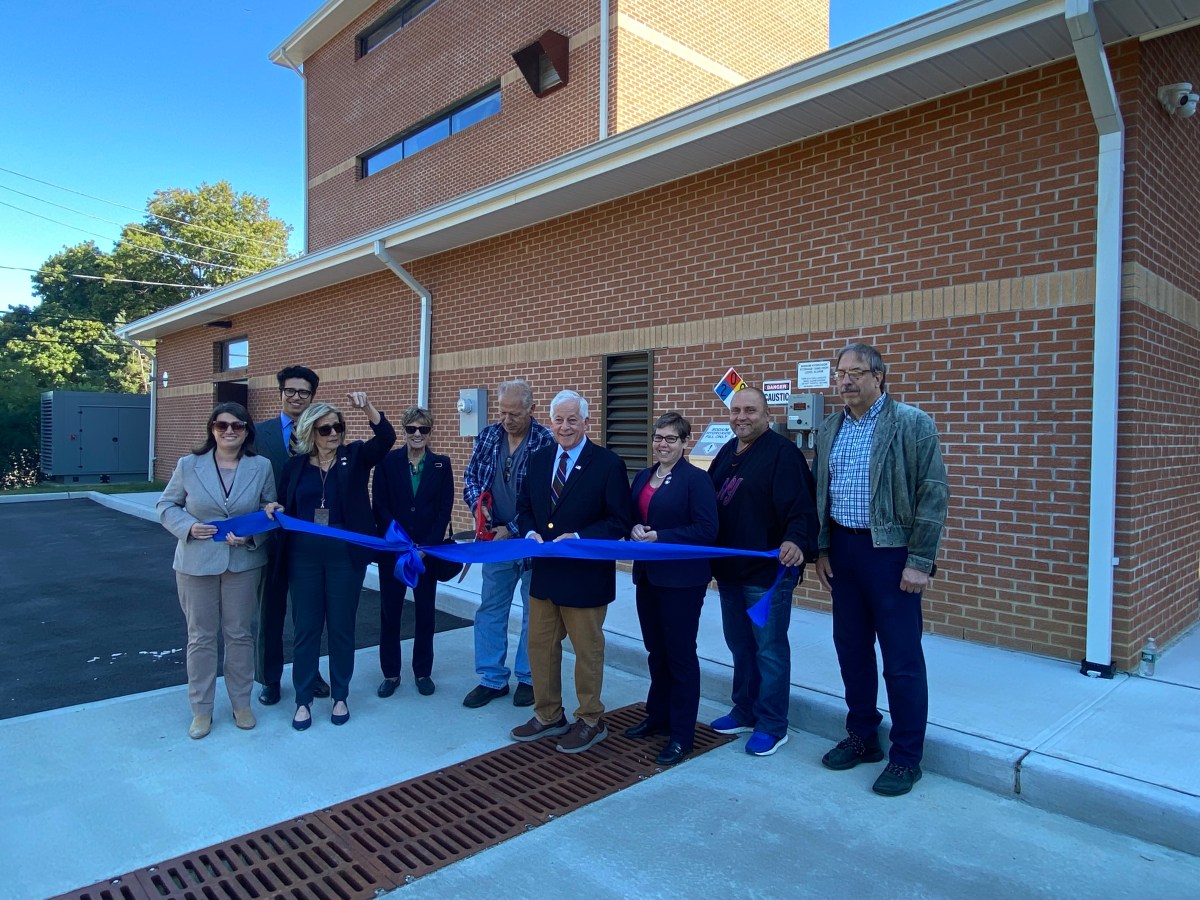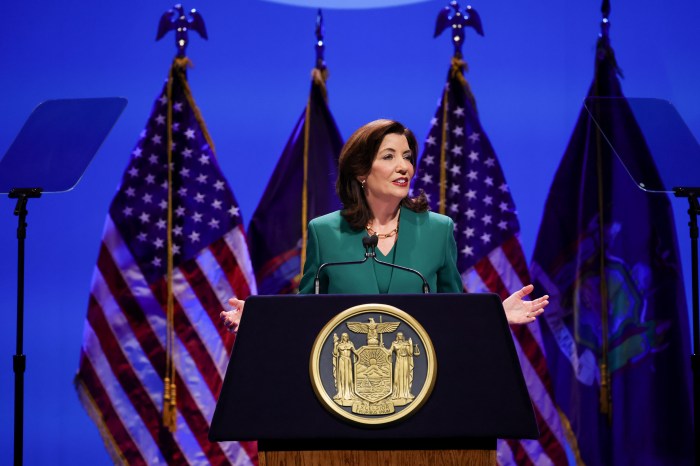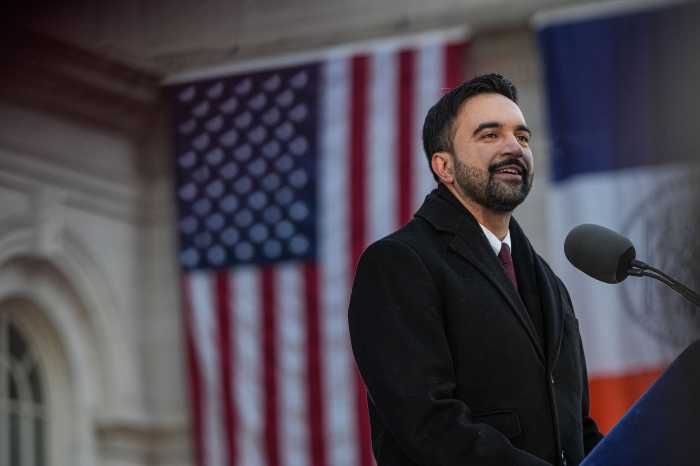After issues at multiple water wells in 2023, the City of Glen Cove is in the midst of upgrading four of its water stations. The city has invested $50 million into its fully autonomous water system.
“We supply all of the water for the residents of Glen Cove,” said Mayor Pam Panzenbeck.
The Glen Cove Water Department is the second-largest in the county, following the Jericho Water District, according to Water Foreman Michael Colangelo.
The city’s water is responsible for every residential lot, including two-family and condominium units as well as commercial lots, businesses and schools, he said.
The department has six water wells. The Seaman Road station upgrades were completed in October, and the Nancy Court station is currently under construction.
After the Nancy Court station is completed, upgrades will follow at the Duck Pond Road station, which has three wells, and Kelly Street station.
The city said upgrades will be implemented at stations one at a time to not disturb residents’ current water service.
The $5 million project at the Seaman Road Station was completed in October and is fully functioning.
Assembly Member Charles Lavine secured a $250,000 grant from the state to offset the project’s cost. According to Lavine, the site was closed in 2010 due to contamination. The city said it began to secure funding in 2019.
The Nancy Court station is now undergoing upgrades, including modernization of the motors and pumps. Colangelo said the upgrades began in September and are currently going as planned. Work is expected to be completed by the end of January and will be fully operational before the district’s peak season in May, Panzenbeck said.
Once the station is fully functioning, one of the three stations at Duck Pond Road will begin an approximate $10 million project to add air strippers, which filter out any contamination. The last scheduled upgrade will be at Kelly Street, which has not received upgrades in the last 10 years.
Panzenbeck said amid these upgrades, the city has been “ahead of the curve” in combating PFAS, a water contaminant.
Additionally, the city recently approved the installation of a new sprinkler system that will “use far less water” than the current one, according to Panzenbeck.
Colangelo said in the 37 years he has worked in the Water Department, no administration has prioritized water like the current one.
The city approved a water surcharge in November to help ease the cost of upgrades and prepare for future infrastructure projects. The surcharge for residential lines is $5 monthly, which is $60 annually.
The commercial water line surcharge, which is dependent on water usage, ranges from $10 to $40 a month. The fire line surcharge will be $10 per month.
Panzenbeck said the money from the surcharge will be used to create a water fund. She said the city expects to receive $500,000 annually from the surcharge. The fund will “be used only for infrastructure,” she said.
The city anticipates upgrades to water stations to be completed in 2025. Panzenbeck said the city is already “off to a great year.”


































